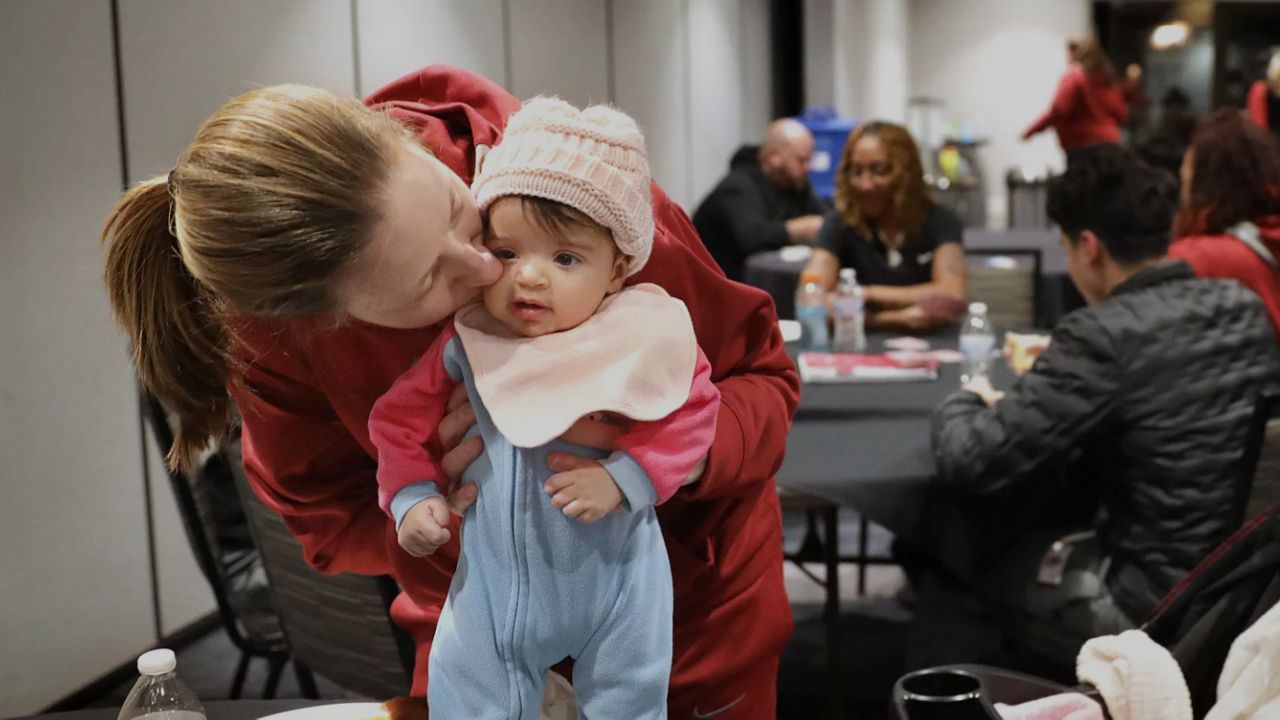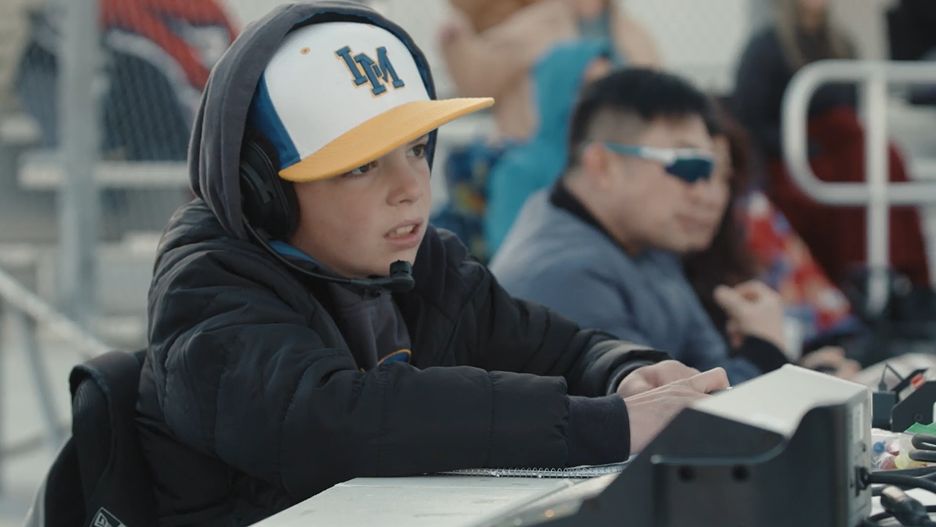Since its debut in 1969, “Sesame Street” has been a place where all kinds of people could see themselves in the neighborhood.
With the program stirring up controversy from the beginning, the intentionally integrated cast caused the show to be banned in Mississippi in 1970.
Now, 50 years later, "Sesame Street" continues to be at the forefront of education with its new “Coming Together” series, teaching our very youngest the ABCs of Racial Literacy.
Dr. Jeanette Betancourt is an early childhood development specialist and architect of the new program. In an interview for "LA Times Today," Dr. Betancourt joined host Lisa McRee with the details on the “Coming Together” series. She explained how teaching racial literacy to preschoolers is essential because they know about differences early on.
“By teaching them vocabulary and the way to start conversations, and specific words that help them activate those conversations, we know we are teaching our youngest early on,” she said.
There are two new “Sesame Street” muppets, a father-son duo Elijah and Wes, who are part of the new series. In the first installment “Explaining Race,” they explain to Elmo why their skin is different from his red fur.
"We thought that from the very beginning, we needed to model these conversations," said Dr. Betancourt. "And what best way to do that than with our fantastic new characters? We have Wes, a 5-year-old who is very curious and loves school, and we have his dad Elijah, a meteorologist."
The series also features muppets Sofia and Rosita, who deal with the fallout of a racist encounter at a grocery store for speaking Spanish.
“That experience immediately impacted Rosita," Dr. Betancourt said. "And what we do is we provide strategies, not only on conversations but also how to cope when there is unfair action. For example, if there is a situation where there is stress, we often do something that we call 'Sesametize' strategies. We make them nice and easy from a child’s perspective. That includes breathing exercises and encouraging children to share their experiences because children are very curious. As adults, sometimes we may be hesitant when a child asks us why someone looks different. It is good to use that opportunity to talk about differences because we know children are not colorblind. What we are teaching much more for all children is to be color proud."
Dr. Betancourt added that music has been a great tool to help educate children on topics regarding race and differences.
"We use music because it is so appealing to both grownups and children. And the 'Sesame' way of doing is how do we put key messages and strategies in such wonderful songs through the lens for our wonderful muppets and children. All of these songs are meant to engage you and keep those thoughts in mind as the songs stick in your head. And we know children respond to music so naturally."
This program is also meant to help parents who feel hesitant when talking about these topics with their children.
“What we found is that if we can present these topics from a child’s perspective during everyday moments, then that hesitancy suddenly goes away. As parents and caregivers, we all want to build our child’s self-identity and make them feel proud. And when we do that, we are also teaching the ideas of being fair, kind, and respectful. For children, it was validating their curiosity. And the way we present our content us by modeling it through our muppets, whether it is raising awareness to difficult situations like a racial encounter or by celebrating self-identity, it is building on the ways that children learn.”
Click the arrow above for the interview.
Watch "LA Times Today" at 7 and 10 p.m. Monday through Friday on Spectrum News 1 and the app.











